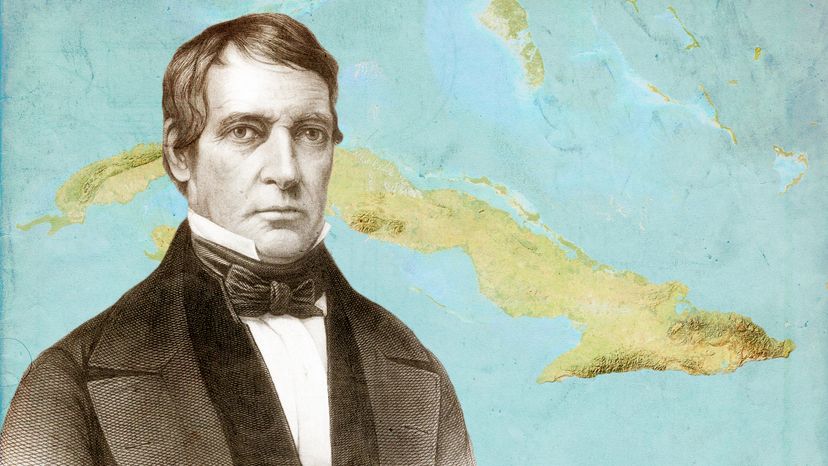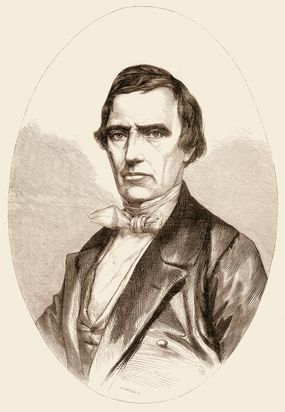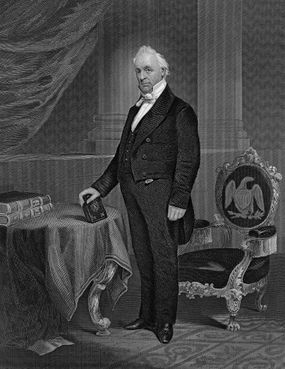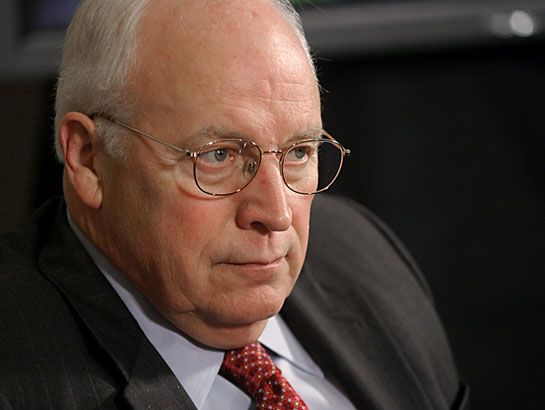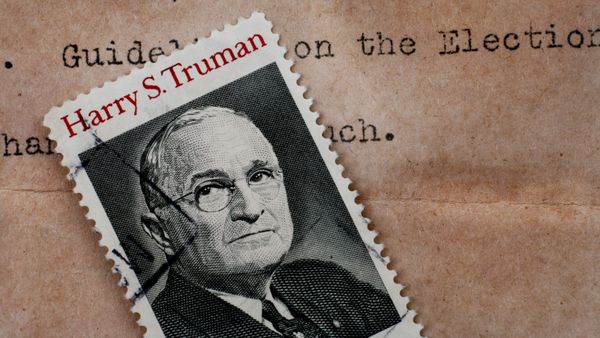King battled against his own health from the time of his November 1852 election as Franklin Pierce's vice president, to his oath of office in March 1853. A persistent and violent cough left him emaciated and weak, prompting an early resignation in December 1852 from his Senate seat in the hopes that warmer weather would aid his recovery. He set out for Cuba, and by early February reached Havana, where he remained ill with tuberculosis.
It didn't take long for King, then 67, to realize he was too sick to make it back to Washington, D.C. in time to accept the vice presidency. By the time King was to be sworn in, it literally required an Act of Congress for him to enter into office.
Thus, for the first and so far only time in U.S. history, Congress passed legislation allowing the VP-elect to be sworn in outside of the country. On March 24, 1853, King took his oath of office near Matanzas, Cuba, a seaport town 60 miles (97 kilometers) east of Havana. He was too ailing to stand without help, but he was able to repeat the oath and become America's 13th vice president.
Within a month, desperate to return to the United States, King set sail for Alabama — and died April 18, 1853, the day after he returned to his Southern estate. He never presided over a session of Congress as vice president — though in an odd twist of fate, he had acted as President pro tempore of the Senate in 1850, when Zachary Taylor died and then-VP Millard Fillmore assumed the presidency.
Following King's death, the nation went nearly four years without a vice president until March 1857, when John C. Breckenridge filled the position, serving alongside none other than President James Buchanan, King's longtime friend and companion.
